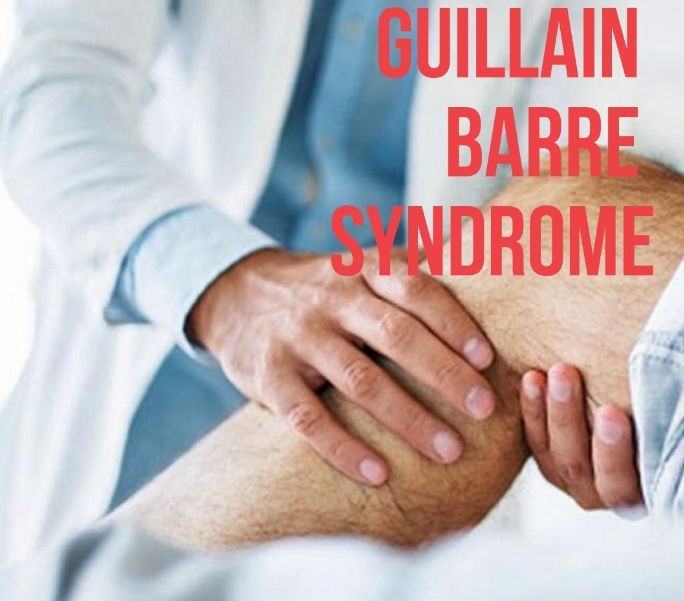
Guillain-Barre Syndrome (GBS) is a rare neurological disorder in which the body’s immune system mistakenly attacks the peripheral nerves, resulting in muscle weakness and sometimes paralysis. It is named after French neurologists Georges Guillain and Jean Alexandre Barre, who first described the syndrome in 1916.
The exact cause of GBS is not fully understood, but it is often preceded by an infection, such as a respiratory or gastrointestinal infection, or less commonly, by vaccination. The immune system, in an attempt to fight the infection, mistakenly targets the myelin sheath that surrounds the nerves, leading to nerve damage and impaired signal transmission.
The onset of GBS is usually sudden, with symptoms typically starting in the legs and spreading to the arms and upper body. Common signs and symptoms include muscle weakness, tingling sensations, loss of reflexes, difficulty in walking, and in severe cases, paralysis of the muscles involved in breathing and swallowing. The severity of symptoms can vary from mild to life-threatening, and in some cases, GBS can result in respiratory failure, requiring mechanical ventilation.
Diagnosis of GBS involves a thorough physical examination, medical history review, and various tests such as nerve conduction studies, electromyography, and lumbar puncture to analyze the cerebrospinal fluid. Early diagnosis is crucial for prompt treatment and management.
There is no cure for GBS, but various treatments can help manage the symptoms and aid in recovery. These include intravenous immunoglobulin therapy, plasmapheresis (a procedure to remove antibodies from the blood), pain medication, physical therapy, and rehabilitation. With timely and appropriate treatment, most individuals with GBS experience gradual improvement over weeks to months, although some may have residual weakness or other long-term complications.
While GBS is a serious condition, it is important to note that it is relatively rare. The overall prognosis for GBS is generally favorable, and most individuals recover with proper medical care and support. However, the recovery process can be lengthy, and some individuals may require ongoing medical monitoring and rehabilitation to regain strength and function.
In conclusion, Guillain-Barre Syndrome is a rare neurological disorder characterized by the immune system attacking the peripheral nerves. Early diagnosis and appropriate treatment are essential for managing symptoms and facilitating recovery. Although the condition can be severe, most individuals with GBS have a favorable prognosis with the help of medical interventions and supportive care.